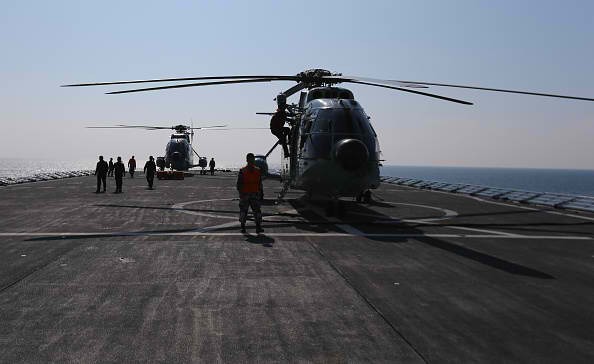The Xiangshan Forum was recently concluded with various nations agreeing on a new maritime consensus. Over 500 military heads attended the forum in Beijing.
Cai Yingting, president of the PLA Academy of Military Science, concluded the forum and thanked all the participants for engaging in the discussion.
According to the forum's website, "The subjects for discussion at the four concurrent panels include Major Power Relations and Global Strategic Structure, Globalization vs. Deglobalization: Implications for International Security, Latest Developments in Terrorism and Creative Approaches to Cooperation, Maritime Crisis Management, and Regional Stability."
The delegates of the forum were from countries such as Cambodia, Thailand, Russia and New Zealand. Various academic and military experts were also in attendance.
Many ASEAN representatives were eager to discuss strategies on how to implement military policies with governance and how to manage a maritime crisis.
The consensus of the forum was to increase coordination on various security mechanisms and to build a model of security governance characteristic in the Asia-Pacific region. The participants also agreed to take an Asian approach that values mutual respect through consultations, ensuring fairness in all sides.
Liu Zhenmin, Vice Foreign Minister of China, said in his plenary speech, he said, "China is ready to promote and implement this new security concept together with other regional countries, and push forward the building of an Asia-Pacific security architecture featuring wide consultation, joint contribution, shared benefits, and win-win outcome."
Liu emphasized that the new security concept means that all countries at stake will be given an opportunity to coordinate and engage in dialogue and will aim for a resolution of differences.
He also stressed that the "new security architecture" shall be based on "the universally recognized international rules and international laws, including the Five Principles of Peaceful Co-existence, the 1982 UNCLOS and the Treaty of Amity and Cooperation in Southeast Asia."



























